We have been made aware that an e-mail has been sent out to people living in Sussex inviting them to update their details in order to remain registered with their GP practice.
This e-mail then directs users to install software to complete this action. This software is not legitimate.
There is no programme of work being undertaken locally, or nationally, to ask you to confirm your registration details using additional software.
Practices may ask you to confirm your contact details, it is important that you keep these up to date. However, if your GP practice wanted to check this with you, you would be contacted directly (not generically) and via multiple routes, such as letter, phone call and e-mail combined.
An example of the e-mail as received locally is shown below. Often, scam e-mails can be identified by checking the following things:
- The sender’s e-mail address – does it match an e-mail address that you know to be legitimate? Scammers might use very small differences in spelling or word order to try to catch you out. The image below reports to be from NHS UK Team. However, there is no such thing as NHS UK.
- Subject line – scammers may use something vague like “Important message” or “Your account has been suspended”
- Content – does the e-mail include your name, are there spelling/ grammatical errors that seem unusual, does it include the correct logos? Scammers may ask you for personal information, they may also use time pressure to try to get you to make a decision quickly e.g., ‘update your details or lose your GP registration’. Does the personal information asked for match the issue given? The example below asks for you to download software to provide an e-signature but doesn’t ask you to confirm any contact details. It says it will locate your GP using the information you provide – how can you be de-registered if they don’t know which practice you’re registered with?
- Links, attachments, downloads – be cautious of e-mails asking you to click through to something else or to download anything. Verify the e-mail by contacting the sender using a known contact route, whether telephone or e-mail. Don’t use information provided in the suspicious e-mail, go to your GP practice’s website for correct information or use contact details that you already have saved.
You can get support to improve your IT skills and learn more about staying safe online by booking in for a free session at your local library’s IT For You service
More advice on scams and fraud can be found on the Age UK website or on the National Cyber Security Centre’s website
You can report scam e-mails via Action Fraud

